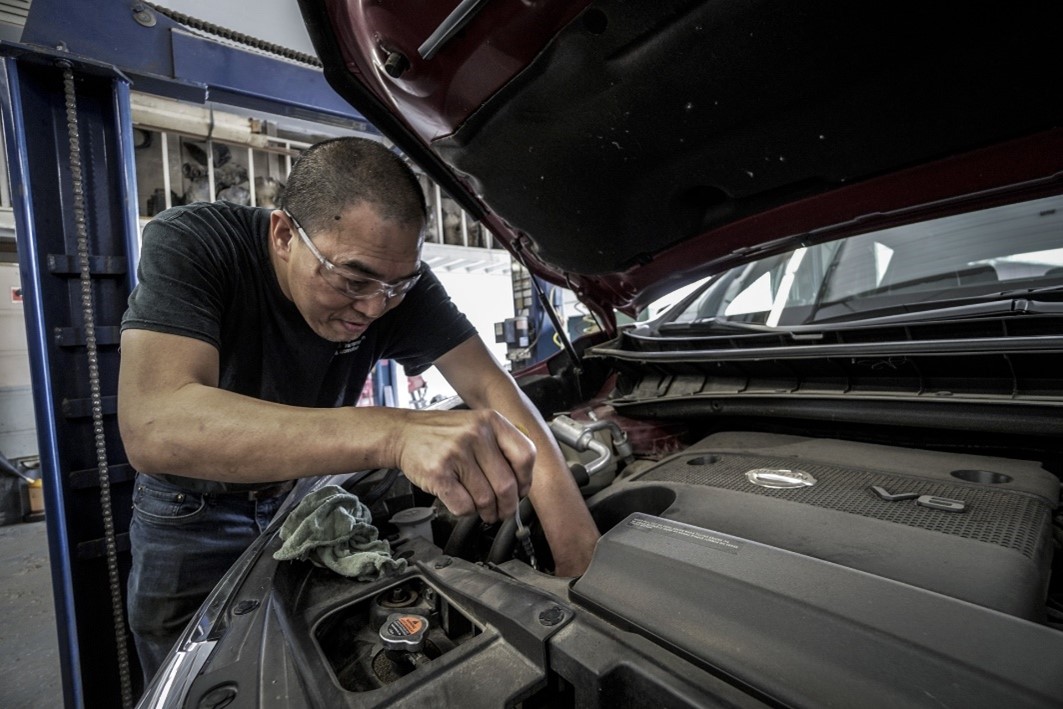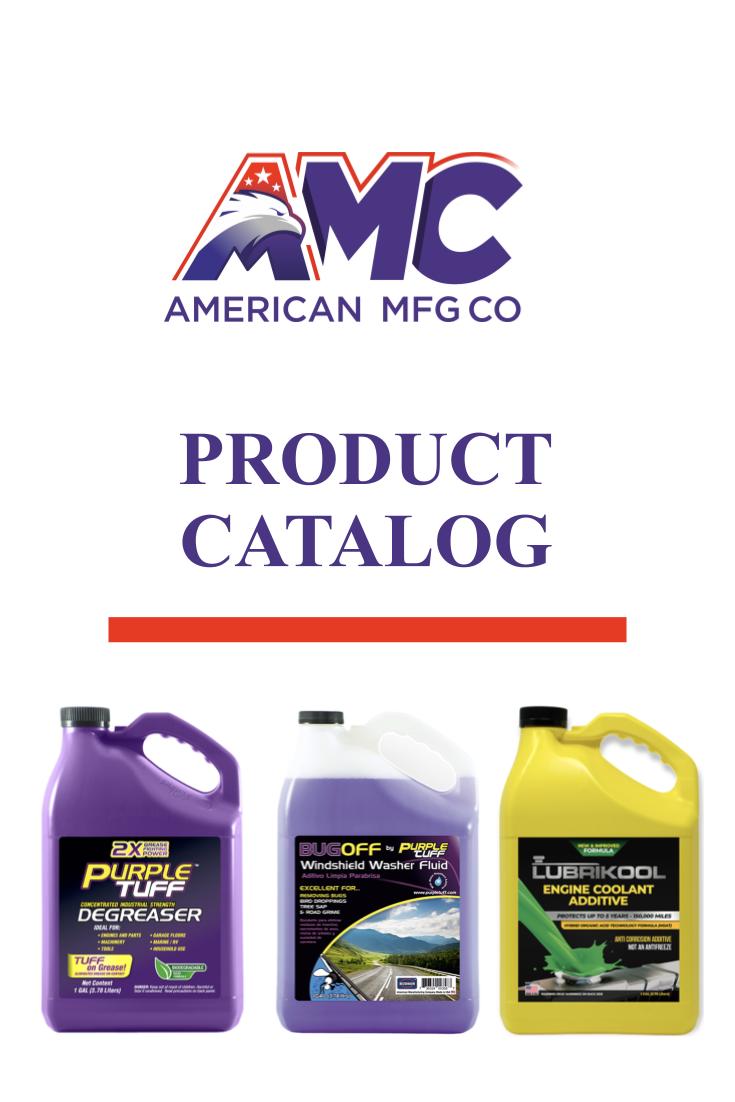Blog
How Not Learning About Diesel Exhaust Fluid (DEF) Can Cost You Big

In today’s economy, we often try to stay vigilant and learn about things that could become a financial burden. Our vehicles are tangible assets subject to market conditions and depreciation. Ensuring that all their parts work properly helps maintain their value, but it requires money, so we must always be attentive to any signs of damage. One such component is Diesel Exhaust Fluid (DEF), a crucial product used in diesel-powered vehicles. It’s quite surprising that many people seem unaware of its existence despite its importance. If you’ve never heard of DEF before, don’t worry. This blog will cover everything you need to know about DEF, its producers, and how it impacts your vehicle.
What Exactly Is Diesel Exhaust Fluid (DEF)?
There are certain standards that diesel engines must meet due to increasingly strict environmental regulations. One of the most important standards to apply to your diesel engine is Diesel Exhaust Fluid (DEF).
What Is It?
DEF is a liquid solution made from a mixture of urea and deionized water. When added to your diesel engine, it reduces toxic emissions such as nitrogen oxides (NOx). Scientifically speaking, when heated, DEF breaks down into ammonia and carbon dioxide. It then reacts with NOx emissions to create harmless nitrogen and water vapor. Modern diesel engines use DEF to reduce NOx emissions, which are one of the leading causes of smog and air pollution.
What Happens If You Don’t Use DEF?
After learning what DEF is, you’re probably wondering what happens if you don’t use it. Well, if you forget to use DEF in your diesel engine, it’s only a matter of time before the engine goes into “limp mode.” This mode limits your engine’s power and speed to protect it from excessive NOx emissions and potential damage. However, driving in limp mode for too long can lead to costly repairs.
Treating your DEF tank like your fuel tank is a good practice. Just as running out of fuel leaves you stranded, an empty DEF tank could do the same. Another factor to consider is that without DEF, your engine’s emission control system could also be damaged. When soot and other particles build up in the system, the result can be increased emissions and decreased engine performance. This might even require replacing the entire emissions control system or other expensive repairs.
On top of that, some countries impose heavy fines for not using DEF in diesel engines. If you drive a diesel vehicle and violate DEF requirements, you could be fined during a roadside inspection. These fines often range from a few hundred dollars to much more.
Is DEF Easy to Use?
No matter how complicated it may sound, using DEF is actually quite simple. Your vehicle likely has a separate DEF tank, usually located near the diesel fuel tank. You only need to pour DEF into the tank until it reaches the fill line. The ISO 22241 standard is the approved product you should always use. Never use a non-approved product, as it could damage your engine’s emission control system.
Also, remember to store DEF in a cool, dry place, away from direct sunlight. Purchased DEF should also be used within a year, as it breaks down over time. To make it even simpler, here’s a quick step-by-step:
- Locate the DEF tank
- Pour DEF up to the fill line
- Make sure the product complies with ISO 22241
- Store DEF in a cool, dry place away from sunlight
- Use it within one year of purchase
Conclusion
Diesel Exhaust Fluid (DEF) is a crucial component used in all modern diesel engines. Not using DEF guarantees higher emissions, reduced engine performance, and costly repairs for your vehicle. Learning how to use it—and avoiding mistakes that could cost you time and money—is extremely important. We recommend taking the time to understand what DEF is, why it matters, and how to use it.
If you’re looking for high-quality, reliable, top-grade DEF, American MFG, a leading producer of Diesel Exhaust Fluid, has exactly what you need. Place your order today to ensure your engine’s efficiency and avoid costly repairs.




